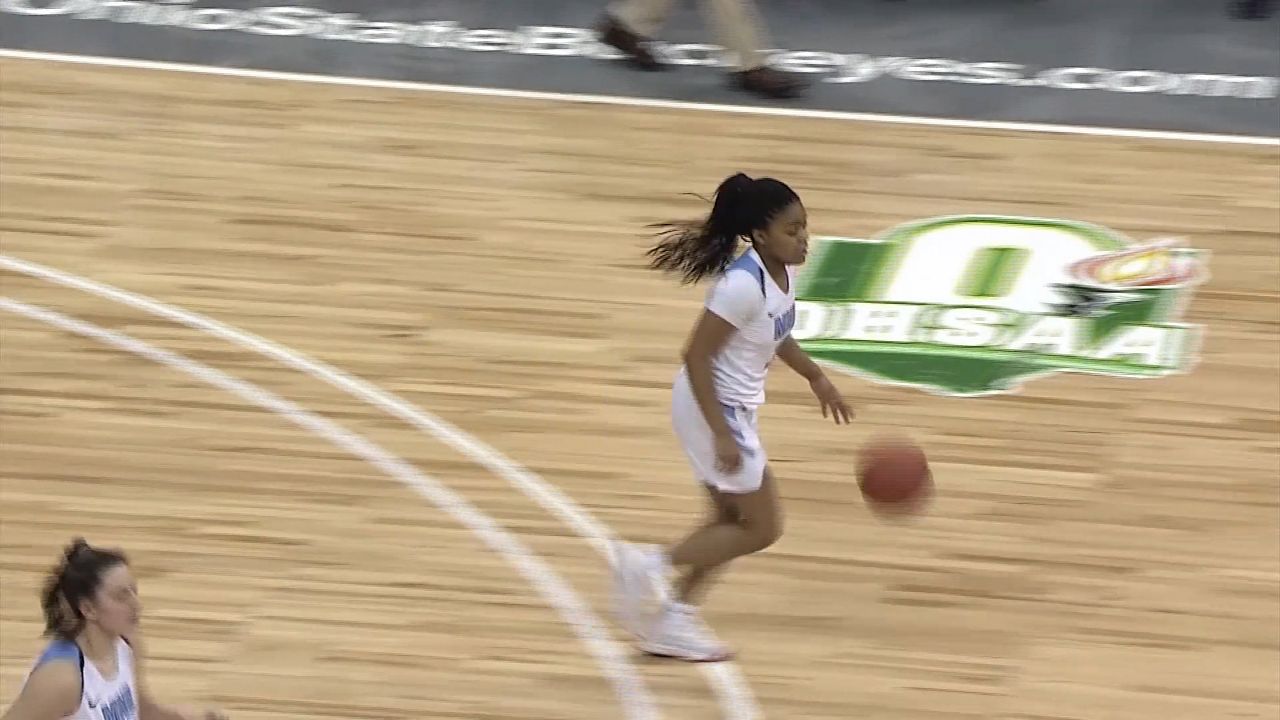COLUMBUS, Ohio – "Tucked into Ohio's overall budget bill is House Bill 166. Athletic officials say if there's not a correction to the currently amended version of that bill soon, we could see a split between public and non-public schools into separate divisions when the tournaments begin."
Since 2007, there's been a rise of international students coming to the US, many of whom are given the chance to play high school sports.
Currently, the Ohio High School Athletic Association only permits international students to play if they come on an educational visa. About 450 students on average come from other countries to Ohio to play sports each year.
But now members of the Ohio Senate appear to be shaking things up, causing the Ohio High School Athletic Association and its' member schools to have cause for concern.
Senators amended a bill to be passed within the state's budget, that would make it so that students coming on a non-educational visa from another country could play sports for one year at a public school, according to Jerry Snodgrass, Executive Director of the OHSAA.
"We are really, really, pleading for our leadership, our Senate leadership, and our government to let our member schools decide this, not them," said Snodgrass.
This amendment bypasses OHSAA rules, leaving the door open for these student-athletes to flood private schools once they've completed one year at a public school.
Member schools within OHSAA believe this amendment could tip the scales in favor of private schools, eliminate a level playing field with private and public schools competing against one another, and limit public school access to international student-athletes.
Snodgrass says this amendment not only opens the door for brokers to exploit international student-athletes who are recruited to private schools, but it would also change the competitive dynamics leaving private schools with the athletic advantage.
"The challenge with that is, since they can only attend a non-public school, they would only have eligibility to participate in non-public schools for multiple years, upsetting the balance of competitiveness between our public and non-public schools."
Snodgrass and others recently testified before the senate finance committee about the amendment, challenging legislators to leave things as they are, for fear that it might create an even bigger problem, a split, where public school athletes would no longer play against private school athletes, since private schools could receive a bulk of exceptional talent.
"We believe it will trigger a referendum proposal by schools, our member public schools to force that separation."
Currently, there are 814 schools which are members of the OHSAA. 135 of them are non-public, meaning they don't receive state funding.
Lakota West high school, head girls basketball coach Andy Fishman believes if the bill were passed it could do more harm than good.
"If you were to separate competition and you were to have all private schools competing against each other and all public schools competing against each other, then we wouldn’t have the true competitive spirit that we have right now."
Yet at the same time, the coach of more than 20 years isn't as concerned about the athletic scales tipping towards private schools.
He believes that while students should have a choice in where they attend school and play sports, educating students should be the main focus. He also says just like real life, he as a coach has to work with the hand he's dealt, regardless of how many students end up at a private school versus a public school.
"I just feel like that’s my job to adapt to that challenge to you know to put more time and effort into a community development program," said Fishman.
OHSAA officials say if the bill passes as is, they'll petition Governor Mike DeWine in hopes that he'll veto that line item.



